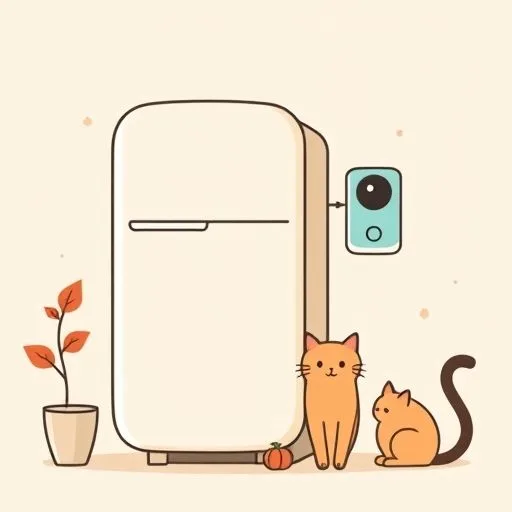
Picture this: Kids finally in bed, dishes stacked like modern art, and then – that familiar chime. The fridge pings about expiring yogurt while the doorbell camera spots ‘suspicious activity’ (the neighbor’s cat, plotting world domination). As our home buzzes with alerts, I’ve wondered – what if we could teach these devices to safeguard what really matters? Not just perishables or porch pirates, but those fleeting seconds when we’re actually making eye contact while the kids show us their latest sock-slide victory.
From Efficiency Tools to Unexpected Teachers
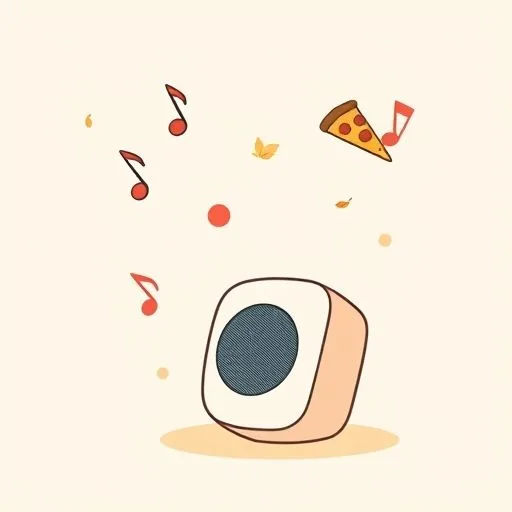
I’ve seen that ballet a hundred times – you proofreading permission slips while asking about tomorrow’s weather forecast, one eye already on work emails. But last Tuesday? When ‘Play Disney hits!’ somehow became ‘Order 37 supreme pizzas’? The way you dissolved into laughter instead of frustration changed everything for me.
What if glitches became invitations instead of annoyances? The kids debating whether to ask the speaker why fairies can’t sing heavy metal. Voting on cleanup playlists while unloading groceries. Suddenly that sleek rectangle isn’t stealing attention – it’s gathering us into the same orbit.
Silent Guardians of Ordinary Magic
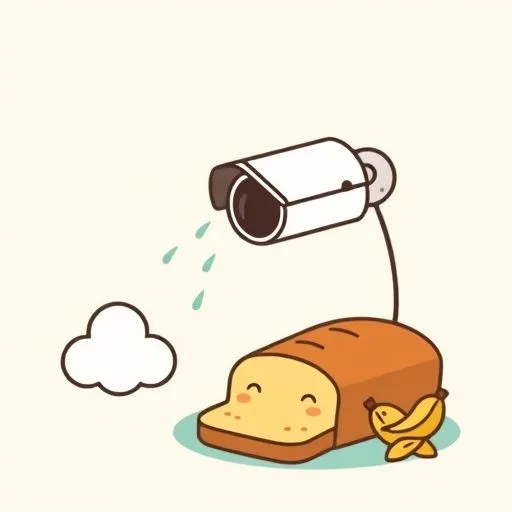
When the rain alert popped up during soccer practice, I noticed your exhale before you spoke. ‘We’ll grab the waterproof blanket with the groceries,’ you said, already recalibrating. These alerts aren’t nagging – they’re guardrails for days when we’re mentally juggling sixteen things.
And the camera capturing those spontaneous dance parties before school. The ‘motion detected’ notification that turned out to be Grandma leaving banana bread on the porch. The tech fades into the background when it helps us preserve life’s unscripted poetry – the messy, the hilarious, the sacredly mundane.
The Quiet Revolution of Reclaimed Moments
Last Sunday felt different. No morning debate about shopping lists or why the hallway feels like a wind tunnel. That reclaimed hour didn’t become more productivity – it became flour-dusted countertops and your patient voice guiding little hands through dumpling folds while I watched elaborate block towers rise and collapse with glee.
Real laughter over lukewarm pancakes instead of parallel screen-scrolling. That’s the quiet revolution – notifications that gently nudge instead of shrieking, lights that dim when bedtime stories run long. Our machines are learning tactful silence so ordinary moments can swell with their true volume – impromptu kitchen karaoke, secret vacation planning whispers, your soft ‘thank you’ when I remembered the creamer in your coffee.
The Human Code Beneath the Silicon
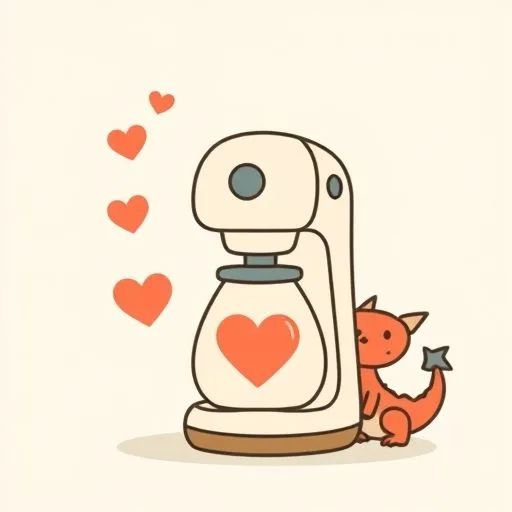
Watching you program the coffee maker last night – ‘Extra strong on Mondays, she wrestles dragons before breakfast’ – it clicked. We’re not entering preferences; we’re etching our family’s heartbeat into these circuits. The hallway nightlight that glows like fireflies for midnight bathroom trips. The playlist that automatically queues your ‘deep focus’ mix during tax season.
These sensors become extensions of our care. The thermostat knows you’re always cold after marathon work calls. The vacuum maps paths worn by tiny feet racing to greet us. All those silent decisions whispering: I see you. I know you. I’ve got you.
Our Symphony in Binary
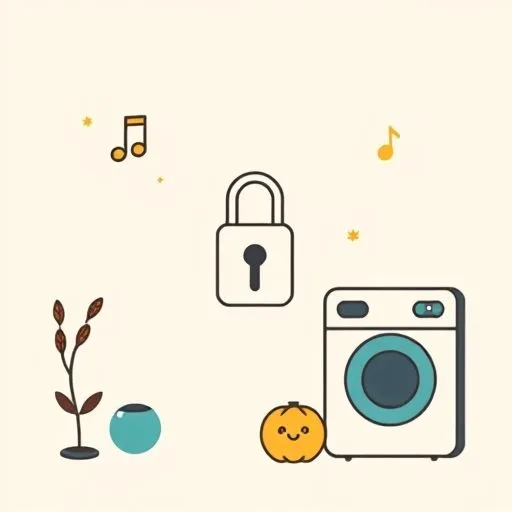
Remember our old debates about technology isolating people? Last night settled it. As I carried our sleeping child upstairs, the smart lock chirped – and without looking up from folding laundry, you murmured: ‘Menu, settings, quiet hours.’ Your flashlight-lit expertise felt like a love language.
Our home isn’t gaining consciousness. But it is gaining… consideration. Learning when notifications deserve attention versus silence. Protecting pockets of unhurried connection.
The future we’re shaping doesn’t just obey commands – it honors the rich, imperfect harmony of shared life.
Source: Google Brings Gemini AI To Home For Smarter Nest Cameras, Doorbells And Speakers, Hot Hardware, 2025-10-01
